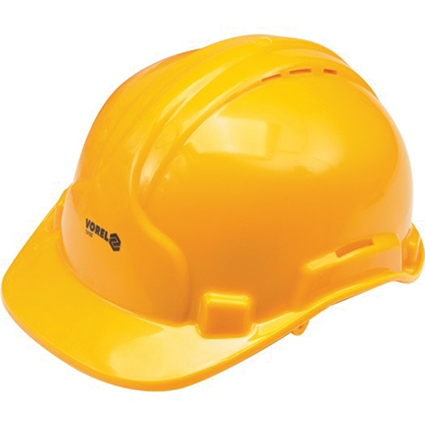Parliament Adopts Law on Labor Safety
Georgian Parliament has adopted a law on Labor Safety, with the third and final reading on March 7.
88 Parliamentarians voted for the bill, with no-one against.
The draft Law on Labor Safety was submitted to Parliament on June 1, 2017 and was approved by MPs at the first hearing. After that, final discussions were suspended for eight months and the hearing renewed in February 2018, following strong calls from the non-governmental sector and opposition parties.
The second hearing of the draft was held on February 15, which discussed the price of fines and monitoring issues of workplaces.
According to the new version of the labor safety law, sanctions for the breach of safety norms were tightened, and fines were increased from 100 to 50,000 GEL.
However, the requirements of the law will only cover 11 areas of severe, harmful and dangerous jobs. Human rights defenders say the law is discriminatory as it does not cover all jobs.
Koba Nanuashvili, Legal Analyst of Business Association, believes merely increased fines cannot stop violations at workplaces.
“Sanctions are not the solution. We will not be able to achieve an effective system this way. The main attention should be paid to the elimination of violations, and not to fines. Instead of money sanctions, it is better to suspend the production process of the enterprises or companies that violate labor norms,” he stated.
According to the new law, the sanctions on breach of labor safety can be one of three types: Non-existent, substantial and critical.
The sanctions on all three types of violations will be based on how much annual turnover the enterprise has.
The law also reads that the monitoring service representatives will not be able to enter the enterprise without the permission of a judge, unless there was an accident or a planned inspection.
However, in case of repeated inspection, the supervision service will no longer need the Court’s permission.
No public information will be released about said companies or enterprises, a part of the law that NGOs disagree with as, they say, the supervision service should have the right to check workplaces any time, without the permission of the court.
Thea Morrison











